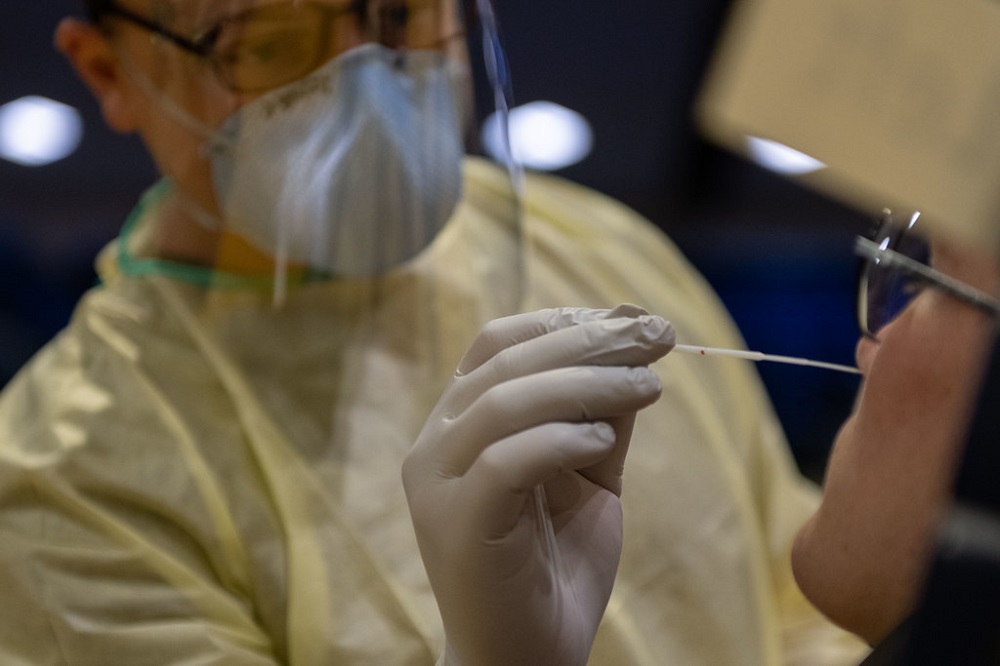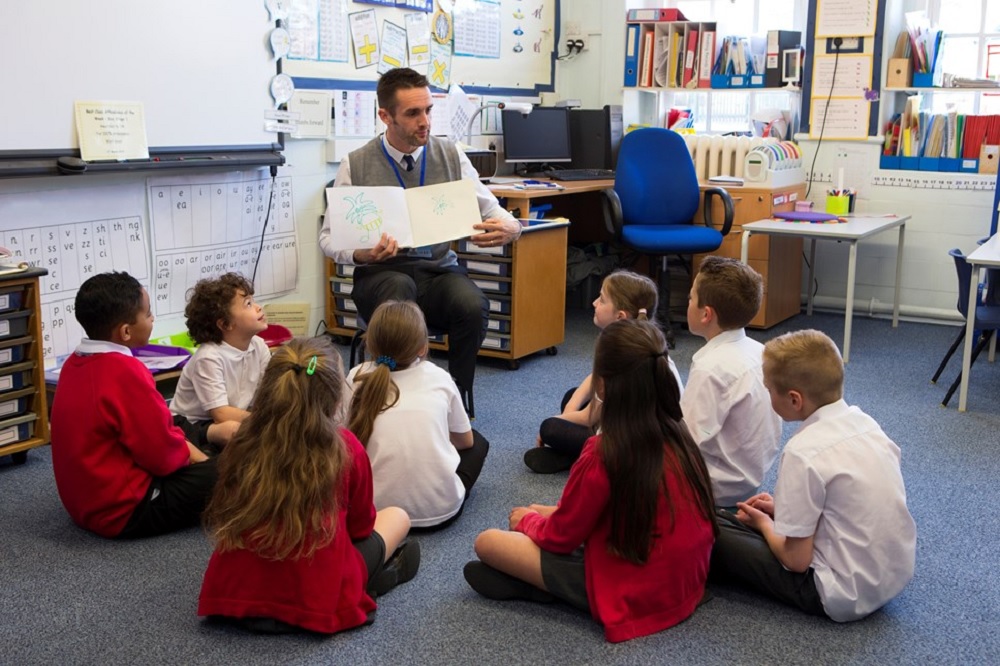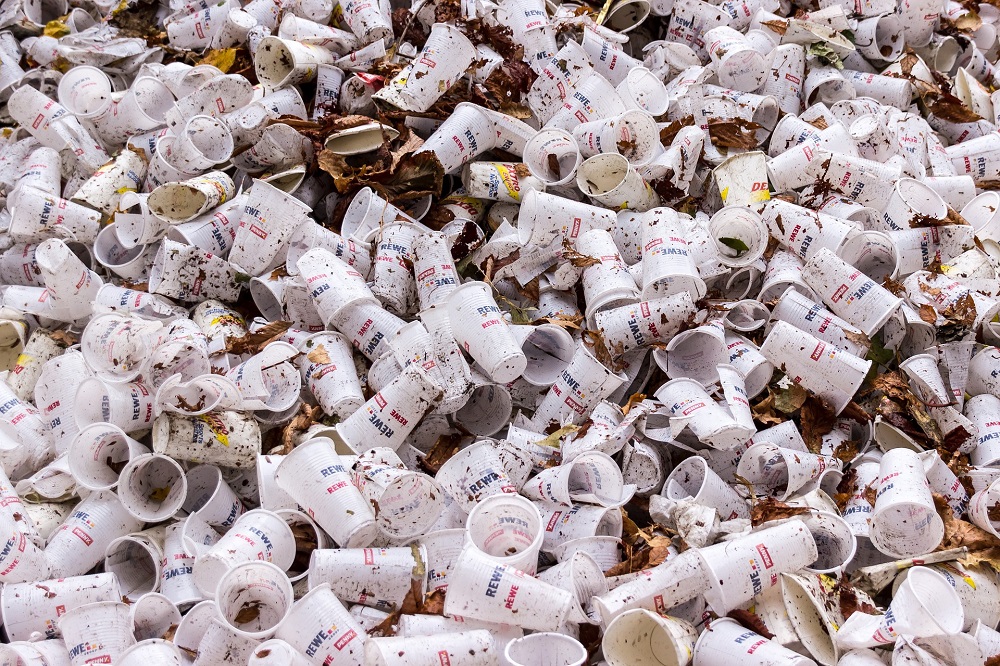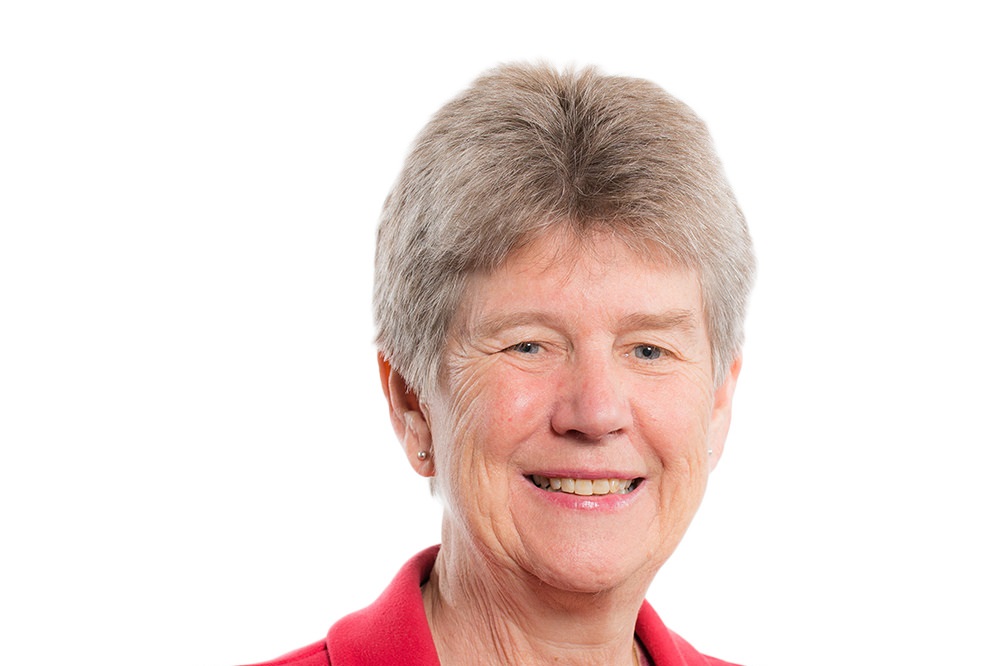News in brief: Government under fire over new Covid restrictions

Both Plaid Cymru and the Welsh Conservatives have criticised the government following confirmation from First Minister Mark Drakeford today that pubs, restaurants and bars will be subject to stricter Covid-19 restrictions in the run up to Christmas.
Speaking at Friday’s press briefing, Mr Drakeford said the R number, the rate at which the virus spreads, has risen to 1.4 in Wales and warned the number of infections was going up in 21 of 22 local authorities.
Last week health officials had calculated R in Wales had gone down to between 0.9 and 1.2 following the introduction of the 17-day firebreak lockdown, which ended on 9 November.
Under the new measures, some entertainment venues will close and restrictions on hospitality will be brought in, the first minister said.
Hospitality sector changes will take effect from Friday while precise dates for closures of entertainment venues will be clarified following further discussion. Talks with the industry will continue over the weekend and a final announcement will be made on Monday.
Responding to Mr Drakeford’s comments, Plaid accused the government of coming out of the national firebreak lockdown “too suddenly” and called for the roll out of mass testing across Wales,
“These additional restrictions come as no surprise. The Labour Welsh Government came out of the firebreak too suddenly – we said so at the time. They should have gone for a longer firebreak and chose not to because of economics,” Shadow Minister for Transport, Helen Mary Jones MS said.
“It’s now crucial that they ensure mass testing is rolled out in high areas of infection, provide enough economic support for those who have to self-isolate and publish their vaccination plan for Wales.”
Welsh Conservative health spokesperson Andrew RT Davies said that new restrictions were an admission from the First Minister that the firebreak had not worked.
“Only two weeks after the end of the firebreak, the First Minister has announced that cinemas, bowling alleys and other indoor entertainment venues will close in Wales at the end of next week while there will be new restrictions in the hospitality industry,” he said.
“It will be a blanket nationwide approach that absurdly throws in low-medium incidence areas such as Conwy, Ynys Mon, Gwynedd, Denbighshire, Powys and Pembrokeshire in with high-incidence areas in Wales.
“This is sadly an admission from Labour’s First Minister that his firebreak lockdown did not work, which we did predict. Regrettably, he is now doubling-down. There are huge differences in incidence rates across Wales and a blanket nationwide approach is unnecessary and unfair.”
Speaking in defence of the firebreak, the first minister said the advice he received was that it “achieved everything that we had hoped to have”.
“It probably achieved a little bit more in the extent to which it suppressed the virus,” he added.
“The problem is in the post-firebreak period, as people have mixed, it’s come back faster and further than we had anticipated, and that is why we are taking the additional actions I described today.”
“It doesn’t mean, I’m afraid, that we can rule anything out for the future.”
Today’s figures from Public Health Wales have confirmed another 21 deaths due to coronavirus and 1,105 new positive tests for the virus in the last 24 hours.
The highest number of new cases over the last 24 hours was in Cardiff (150) followed by Swansea (128) and Rhondda Cynon Taf (108).
All three have recorded over 600 positive tests for Covid-19 over the last seven days.
Blaenau Gwent has the highest weekly infection rate in Wales at 377.9 per 100,000 people, down from 405.1 yesterday.
Torfaen has the highest positive test percentage in Wales at 20.5% per 100,000 tests, up from 19.8% yesterday.

Minister pressed to introduce distance learning before Christmas break
The UCAC teaching union has written to Minister for Education Kirsty Williams asking her to consider taking action to reduce the risk of pupils and staff having to self-isolate over the Christmas celebrations.
Among the options put forward is to close schools and further education college sites on 11 December with distance learning put in place for the last week of term.
Most schools in Wales are due to break up the following week, meaning that if any class bubbles test positive that week children could potentially have to self-isolate on Christmas Day.
Dilwyn Roberts-Young, General Secretary of UCAC said “UCAC members have responded to a questionnaire over the weekend with 75% of responses in favour of distance learning for the last week of term before Christmas, in order to safeguard learners and staff.
“Closing the doors on the 11th would mean a clear two weeks, without contact between pupils and staff before Christmas Day, and that would help reduce the risk of people becoming infected or having to self-isolate over the Christmas period.
“This arrangement would also mean that school and college leaders would not receive calls from the Test, Trace and Protect program during the holidays including Christmas Day itself.
“We want everyone in school and college communities to be able to plan and look forward to Christmas as much as possible in these difficult times. We believe that this proposal would facilitate that, while ensuring continuity of learning.
“We look forward to an early response from the Welsh Government on the matter.”

Estonia and Latvia added to quarantine list for travel to Wales
Health Minister Vaughan has confirmed that travellers from Estonia and Latvia will be required to self-isolate on arrival in Wales from Saturday.
Both countries were removed from the list of exempt countries and territories after data from the Joint Biosecurity Centre indicated a significant change in both the level and pace of confirmed cases in both countries.
Estonia has recorded a 25% increase in total cases over the past week, while new infections in Latvia are up 16% over the last seven days.
Meanwhile, Aruba, Bhutan, Mongolia, Timor-Leste and the Pacific islands of Samoa, Kiribati, Micronesia, Tonga, Vanuatu and the Solomon Islands have been added to the list of exempt countries and territories, meaning travellers from these countries and territories will not be required to isolate on arrival in Wales.
The travel ban on Denmark introduced on 7 November has also been lifted, with Danish health authorities now reporting the Covid-19 mink variant in Denmark is most likely extinct. However, Denmark will not be added to the Travel Corridors list.
Passengers arriving in Wales directly or indirectly from Denmark from 4am on Saturday 28 November will need to self-isolate for 14 days, before then following domestic rules.

Calls for more investment in public transport follow publication of M4 report
Plaid Cymru has called for significant investment in Welsh public transport following the publication yesterday of the South East Wales Transport Commission report on reducing congestion on the M4 motorway without building a new relief road around Newport.
Among the recommendation in the report are improving rail provision between Cardiff, Newport and Bristol by upgrading the existing four tracks of the South Wales Main Line, so that these tracks can be used by more trains with more flexibility and a building programme which would add six new railway stations between Cardiff and the River Severn.
The rail backbone would be supported by new rapid bus and cycle corridors across the region, especially within Newport, the report said.
Plaid Cymru Shadow Minister for Transport, Helen Mary Jones MS said: “There needs to be significant improvements to the public transport network in and around Newport – and there are many solutions that aren’t just about building more roads.
“For example, Newport is well overdue an accessible bike scheme. In fact, this should be the norm in every town and city in Wales by now. Tunnelling is another idea currently trialled in north America which could allow Wales to be the test bed for pioneering innovation.
“If we are serious about tackling the climate emergency, we must move the conversation to greener, more sustainable modes of transport than just the private car. However, to invest in public transport Wales needs greater borrowing capacity and its own national infrastructure bank to develop these projects.”

Concern expressed over longer waiting lists for NHS treatment
- 660,000 people in Wales waiting for either treatment or diagnosis, with 168,000 waiting longer than 36 weeks for treatment.
- Concerns grow during the Covid-19 pandemic over missed cancers and an increase in non-Covid related deaths.
- Health Minister accepts the scale of the challenge but suggests Covid-lite hospitals – to deal with treatment and diagnosis backlogs – would be difficult to deliver.
The Motion
The Senedd:
- Notes the BBC Wales Investigates report that showed a ten-fold increase in patients waiting for all treatments in the Welsh NHS compared to September 2019 and further notes warnings from leading cancer experts and charities that 2,000 people could die because of Covid-related NHS delays.
- Recognises the hard work, dedication and commitment of staff in the healthcare sector supporting patients not just with coronavirus but with a variety of conditions.
- Regrets that the Health Minister estimates it would take a full parliamentary term to resume normal services.
- Calls on the Welsh Government to: immediately boost the use of Covid-free hospitals; conduct an urgent review into how hospital patients in Wales are being discharged during the pandemic; significantly improve Covid-19 testing and ensure it’s kept out of Welsh hospitals; introduce a cancer recovery plan and increase investment in the roll-out of rapid diagnostic centres; implement a nationwide campaign to ensure people who suspect they have cancer, or need to go to hospital in an emergency, continue to do so.
Shadow Health Minister, Andrew RT Davies MS (Con, South Wales Central), asked members to reflect on the recently-released waiting time statistics from the Welsh Government; 36-week waiting times rose by 597% and 517,000 patients in Wales were now on some kind of waiting list for treatment. Additionally, 143,000 patients are on diagnostic waiting lists.
The NHS needed new ways of working to address these lists, such as those outlined in the motion.
Plaid Cymru agreed with the underlying intentions of the motion if disagreeing with some of the wording. Rhun ap Iorwerth MS (Plaid, Ynys Môn) said waiting times were a problem before the pandemic and it’s regrettable the Welsh Government didn’t recognise that in their amendments to the motion. It was important Covid-lite areas in hospitals were set up to deal with backlogs.
Janet Finch-Saunders MS (Con, Aberconwy) said a 20% drop in people being treated for heart attacks in Welsh hospitals may have contributed to a rise in non-Covid related deaths. However, Dr Dai Lloyd MS (Plaid, South Wales West) said the NHS had to get on top of Covid-19 first and staff were already working above and beyond to deal with that.
Meanwhile, Dr Hefin David MS (Lab, Caerphilly) was hopeful that the establishment of cancer centres of excellence – such as a breast cancer centre at Ysbyty Ystrad Fawr – will increase the range and speed of diagnosis and treatment. However, the Health Minister needed to prove that the single cancer treatment pathway introduced in 2018 was having a positive impact.
Health Minister, Vaughan Gething (Lab, Cardiff S. & Penarth), accepted that the recent waiting times didn’t make for good reading, but this backlog was going to occur everywhere.
He repeated the message that patients shouldn’t be put off seeking help if they’re showing symptoms of cancer or any other serious condition. While Covid-free or Covid-lite hospitals sounds like a good idea, it was difficult to deliver due to geography, while facilities for elective treatments (such as operating theatres and post-operative care) can’t be delivered in field hospitals.
Vote
The Welsh Government-backed amendments acknowledged the scale of the problem but that it’s not exclusive to Wales. Their amendments also supported the NHS using all resources it can to deliver “safe, quality care” for Covid and non-Covid patients, with further work on rapid cancer diagnostics. This was approved by 29-22 with 2 abstentions.

Government pressed on delays to deposit return scheme.
MSs have criticised delays in introducing a deposit return scheme for drinks containers in Wales as proposals for a future member’s bill were put forward yesterday.
- Unanimous support for introducing a deposit return scheme for drinks containers in Wales.
- Scotland will introduce a scheme in July 2022; delays in Wales are blamed on the Welsh Government’s desire to work with the UK Government instead of doing it themselves.
- Wales will have formal powers over waste-related charging in the UK Environment Bill, but the UK Internal Market Bill presents complications.
The latest proposal for a future member’s bill came from Janet Finch-Saunders MS (Con, Aberconwy) with backing from Llyr Gruffydd MS (Plaid, North Wales)
The proposal is for a law that would introduce a deposit return scheme for drinks containers and place a duty on the Welsh Government to publish an annual report on the effectiveness of policies to reduce recyclable waste.
A deposit return scheme has been cited as one way to cut single-use plastics because people would lose their deposit on the drinks container (in other countries it’s usually the equivalent of 10-20p) if they didn’t return them.
Janet Finch-Saunders said plastic bottles and caps were amongst the most common forms of waste found on Welsh beaches. Scotland will be introducing a deposit return scheme in July 2022, but despite Labour interest, there’ve been delays in Wales.
Llyr Gruffydd also was annoyed by the delay, blaming the Welsh Government’s desire to work with the UK Government – which has slowed the process down. Unspecified evidence has shown that deposit return is the most effective means of cutting drinks-related waste.
Alun Davies MS (Lab, Blaenau Gwent) believed it was right for the Welsh Government to accept responsibility for the problem “instead of waiting for the Tories to do something”, while David Rowlands MS (Ind, South Wales East) called for any future deposit to be set at a relatively high level – 25p – as people may not be persuaded by a low (i.e. 5p) deposit.
Suzy Davies MS (Con, South Wales West) thought it was unfair to blame the UK Government for a delay when this is well within the Welsh Government’s remit. While Wales’ recycling record was good, we need to consider the use of the recycled material as much as boosting recycling itself.
Several members mentioned the potential to cut fly-tipping and general littering if people were to get an instant, albeit modest, financial penalty for doing so.
Environment, Energy & Rural Affairs Minister, Lesley Griffiths (Lab, Wrexham), said Wales’ recycling rate was more than 60% and well on the way to the desired zero-waste rate by 2050.
The government were already taking steps to deal with single-use plastic waste and she confirmed that the Senedd will have the power to charge for single-use plastics (to discourage their use or encourage recycling) through the UK Environment Bill.
She didn’t believe a separate law will be necessary once that Bill passes, but warned that the controversial UK Internal Market Bill means Wales could be tied to the lowest UK standards regardless of what the Senedd would like to do.

Government awards support to BAME community groups
The Welsh Government has awarded 25 grants totalling £115,580 to BAME community groups across Wales as part of its efforts to address racial inequality in Wales
Deputy Minister and Chief Whip, Jane Hutt, who is leading work on the Race Equality Action Plan, said: ”The Race Equality Action Plan will set out the framework for improving the life chances and outcomes of BAME citizens in Wales. Work on the Plan is already well underway, and we are now investing funding in community and grassroots groups who are working to feed in the lived experience of different communities.
“The Community Engagement Grant is a really important step in understanding community perceptions and ensuring that the Race Equality Action Plan properly addresses areas of need. Most importantly, it will enable us to listen to BAME communities, hear their stories, and use first person experiences to build a Plan which will make cultural change happen in Wales.”

Support our Nation today
For the price of a cup of coffee a month you can help us create an independent, not-for-profit, national news service for the people of Wales, by the people of Wales.




